Tips
Credit Card Security: How to Protect Yourself from Fraud and Identity Theft!
Discover expert insights on identifying and reporting fraudulent activities, while also gaining a deep understanding of the advanced security technologies offered by the safest credit cards available!
Advertisement
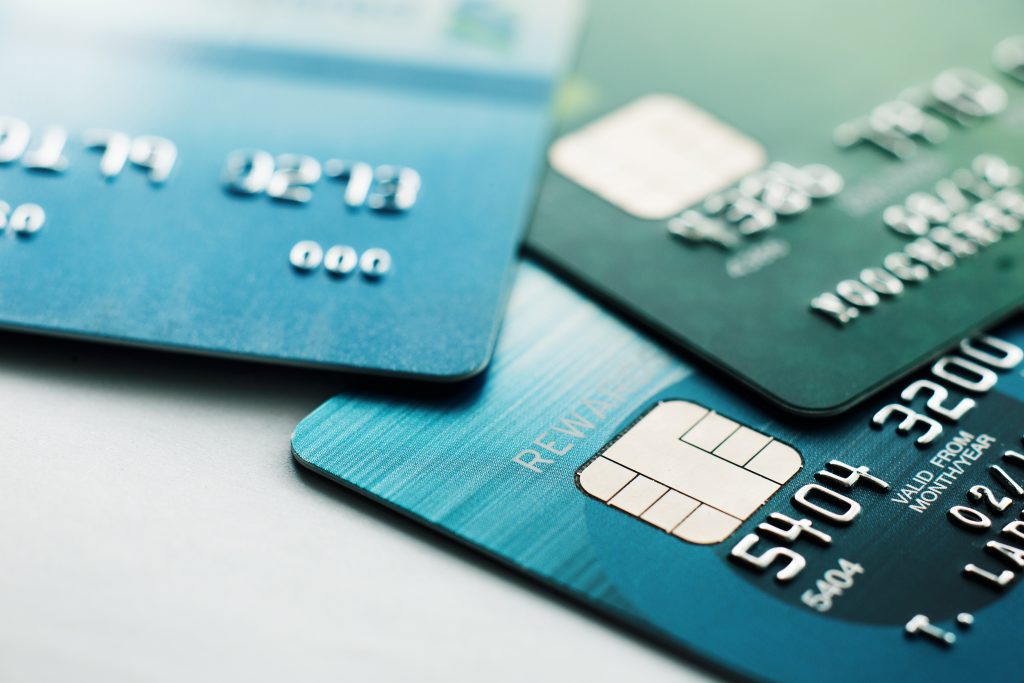
As the financial landscape evolves, so do the tactics employed by fraudsters. So, it’s imperative for consumers to stay informed and proactive on the security of their credit card information.

Which card has the best rewards for rewards?
You can get the best card for your next adventure! So, read our list of the best credit cards with rewards for travel! So keep reading and learn more!
From phishing schemes to data breaches, it’s essential to not only understand the most prevalent scams and threats but also equip yourself with knowledge and tools to recognize them and take action.
So, it’s time for you to explore credit card security and learn how to navigate the digital financial landscape with confidence and peace of mind. This way, you’ll ensure your financial future remains secure.
What security measures should you take when using credit cards?
When using credit cards, it’s crucial to implement several security measures to protect your financial information and minimize the risk of fraud. With some easy tips, you can enhance your protection.
It’s time to learn how to keep your financial assets and your personal information safe, helping you maintain peace of mind in today’s digital age.
Keep your card secure
Firstly, it’s imperative to treat your credit card like a valuable possession. So, keep it in a secure place, such as a wallet or a dedicated cardholder, to prevent it from being lost or stolen.
Plus, avoid lending your card to anyone and refrain from sharing your card details unless it’s absolutely necessary for a legitimate transaction.
Memorize your PIN
Your Personal Identification Number, or PIN, serves as a crucial layer of security on your credit card.
So, memorize it instead of writing it down, and avoid using easily guessable combinations, such as your birthdate or consecutive numbers. This will help protect your card if it falls into the wrong hands.
Regularly check statements
Moreover, vigilance is key when it comes to monitoring your credit card activity. Regularly review your credit card statements in detail to identify any discrepancies, unfamiliar charges, or suspicious transactions.
If you come across any charges that seem unauthorized or raise doubts, it’s crucial to promptly notify your card issuer.
Enable transaction alerts
Many banks and credit card issuers offer the option to set up transaction alerts. These notifications can be delivered via email, SMS, or mobile app notifications.
Furthermore, this will alert you in real time to any unusual or significant transactions. Enabling these alerts can provide an extra layer of security and prompt action in case of fraudulent activity.
Use secure websites and apps
When conducting online transactions, make sure you’re using trusted and secure websites and apps. Look for the padlock symbol in the browser’s address bar, indicating a secure connection.
When making online purchases, exercise extra caution on public Wi-Fi networks, as they might lack the necessary security measures.
If necessary, use a Virtual Private Network (VPN) to encrypt your connection and protect your data. Besides, only provide your card details to reputable and well-established online merchants.
Secure online shopping

To enhance your online shopping security and protect yourself, avoid saving your credit card information on websites unless you trust them implicitly.
Preserving the security of your online accounts, especially those linked to your credit card, mandates the use of potent, unique passwords.
As a smart strategy, explore the advantages of a password manager, a valuable tool for generating and safely storing intricate passwords.
Beware of phishing scams
Exercise caution when receiving emails or messages requesting your credit card information, even if they appear to be from reputable sources.
Moreover, verify the sender’s authenticity before responding or providing any sensitive information!
In addition, exercise caution by refraining from clicking on questionable links or downloading attachments from sources you don’t recognize.
Such actions could potentially expose you to phishing scams or the peril of malware infections.
Shield your card during transactions
When conducting in-person transactions, shield your card and PIN from prying eyes. Cover your card while entering your PIN to prevent others from seeing or capturing your card details.
Additionally, be vigilant at ATMs and point-of-sale terminals. If anything looks unusual or suspicious, opt for a different machine or location.
Regularly update contact information
Ensure that your bank or credit card issuer has accurate and up-to-date contact information for you. This way, they can reach you quickly in case of suspicious activity or if they need to verify any transactions.
Report lost or stolen cards
Ultimately, should the unfortunate occur and your credit card is lost or stolen, take immediate action by promptly reporting it to your card issuer.
This action can prevent unauthorized use of your card and minimize potential financial losses.

Marketplace on Facebook
Curious about Facebook Marketplace? Uncover the ins and outs of this bustling online marketplace in our blog post!
As you know, common scams involving a credit card can put your financial security at risk. Remaining well-informed and vigilant plays a pivotal role in safeguarding yourself against credit card scams.
So, always verify the authenticity of requests and transactions, and be cautious when sharing sensitive information or making online purchases. Check out some of the most common scams below.
Phishing scams
In a phishing scam, scammers send fraudulent emails or messages, posing as legitimate organizations like banks or credit card companies. They trick you into providing your credit card information or personal details.
To avoid these scams, be cautious of unsolicited emails or messages. Verify the sender’s legitimacy by contacting the organization directly through official channels, not by clicking on links provided in the email.
Legitimate entities won’t ask for sensitive information via email!
Card skimming
In card skimming, criminals install small devices (skimmers) on ATMs or card readers at gas stations or retailers to capture card data from unsuspecting victims.
So, to avoid this, inspect card readers for any suspicious attachments or loose parts before inserting your card.
Plus, cover your hand when entering your PIN to prevent hidden cameras from recording it. Opt for ATMs situated in well-lit and secure surroundings for your cash withdrawals.
Card Not Present (CNP) fraud
Fraudsters use stolen card details for online or phone transactions where a physical card is not required.
So, only make online purchases from reputable and secure websites. Be cautious with unsolicited phone calls or emails requesting payment information. And consider using two-factor authentication when available.
Identity theft
One of the most common scams that threaten the security of your credit card thieves is stealing your personal information.
Then, they open new credit card accounts in your name or make unauthorized charges on your existing cards.
So, to avoid this scam, safeguard your personal information, including Social Security numbers and birthdates.
Regularly monitor your credit reports for unusual activity and consider using credit monitoring services. In addition, prioritize the use of strong and unique passwords for all your online accounts.
Fake credit card offers
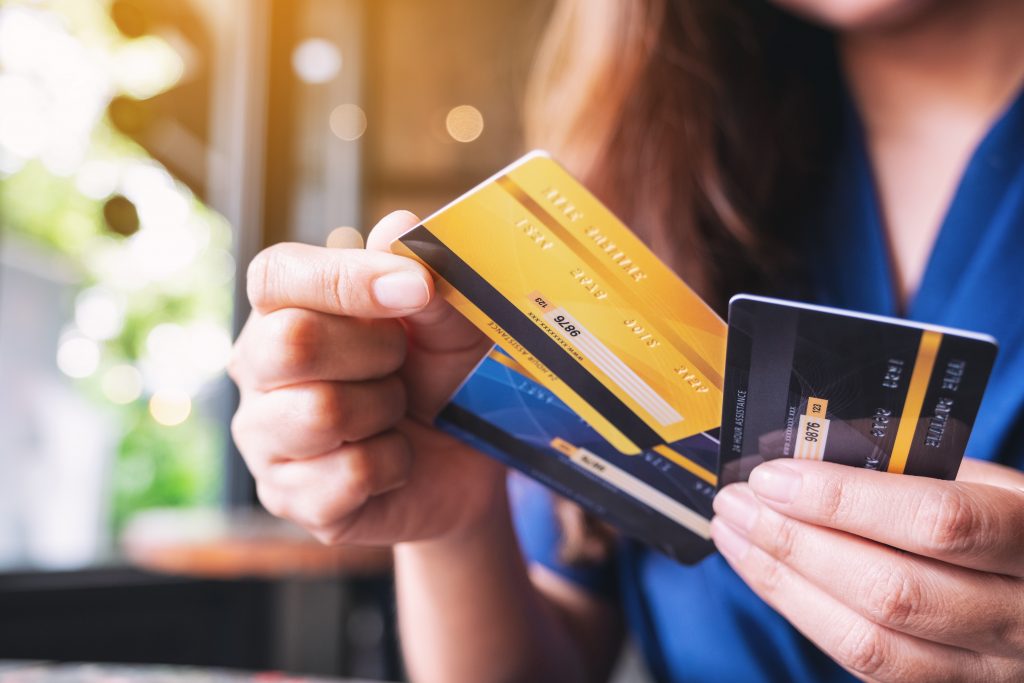
In this case, scammers send fake credit card offers promising low-interest rates or guaranteed approval to lure individuals into sharing personal and financial information.
To avoid this, verify the legitimacy of credit card offers by contacting the issuer directly or visiting their official website. Be cautious of offers that sound too good to be true.
Advance fee frauds
Fraudsters ask for upfront fees to secure a low-interest credit card or loan, but they disappear after receiving the payment.
Be wary of any requests for upfront fees, as legitimate lenders typically don’t require them. So, research and verify the legitimacy of the lender or financial institution.
Card replacement scams
In another common scam, scammers impersonate your credit card issuer. They claim that your credit card needs replacement due to security issues and ask for your card details to send a new one.
To avoid this, never provide your card details over the phone to unsolicited callers. Instead, contact your card issuer directly using the phone number on the back of your card to verify any requests.
Unauthorized charges
As most people know, in this scam, fraudsters make unauthorized charges on your credit card.
To prevent this, it’s important to routinely examine your credit card statements for any unusual or unauthorized transactions. Promptly notify your card issuer of any discrepancies you discover.
The security features are designed to protect cardholders from various forms of fraud and unauthorized transactions.
While they may vary among different credit card issuers, see some of the most common security measures below.
EMV chip technology
EMV (Europay, MasterCard, and Visa) chips are embedded in the credit card, creating a unique transaction code for each purchase. This makes it much more difficult for fraudsters to clone or counterfeit cards.
Contactless payments
Many safe credit cards offer contactless payment options, allowing you to make secure transactions by simply tapping your card on a compatible terminal. This reduces the risk of card skimming.
Two-factor authentication (2FA)
Moreover, some credit card issuers offer 2FA for online transactions, requiring an additional authentication method beyond the card number and CVV.
This can include one-time codes sent to your mobile device or email and enhance the security on your credit card.
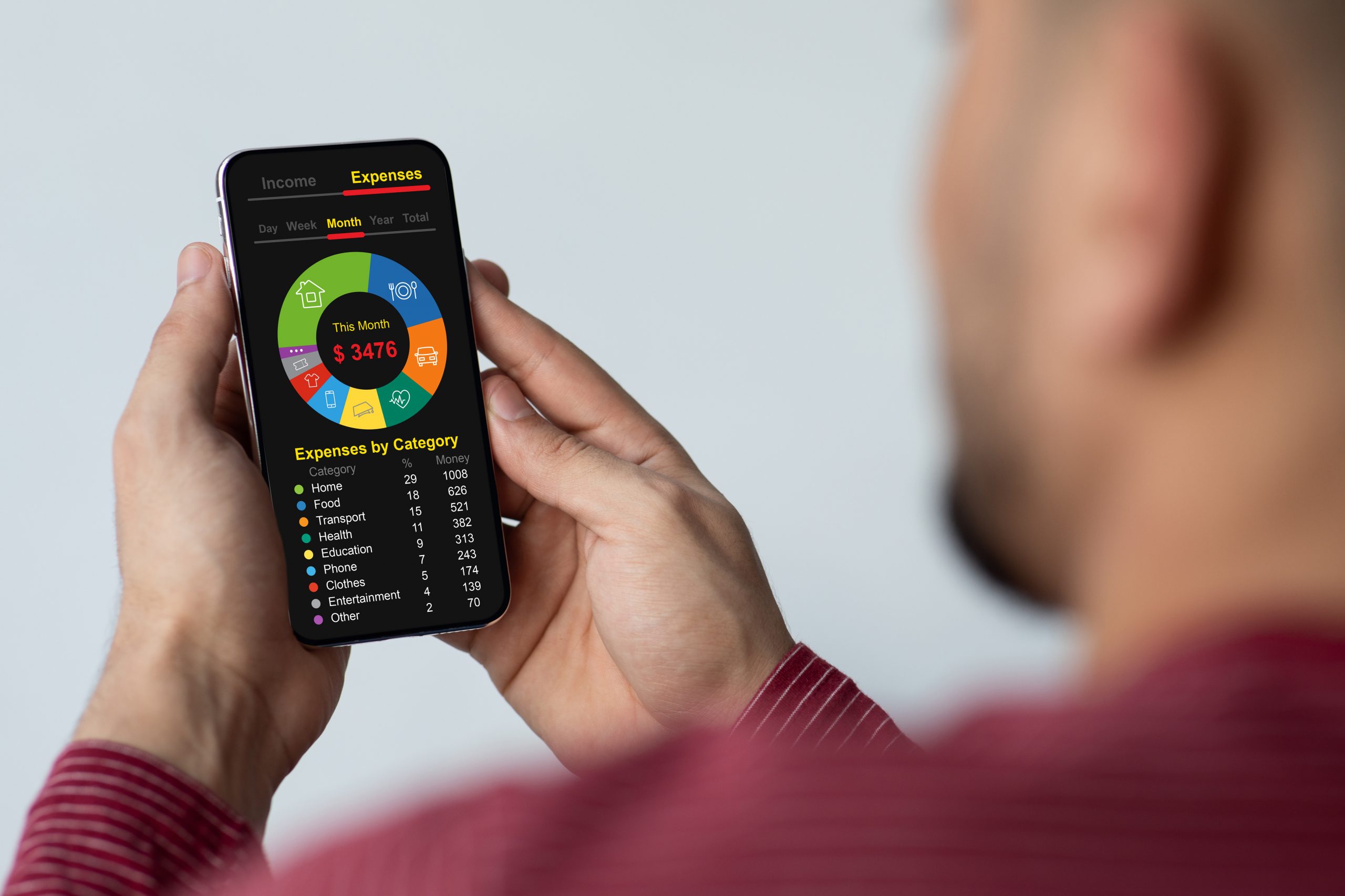
Find the best apps for budgeting in our guide!
If you're looking for apps specially tailored to your budgeting needs, read our post to see the best apps for budgeting!
Zero Liability Protection
Many credit card issuers have implemented zero liability protection, a safeguard that guarantees cardholders won’t bear the responsibility for unauthorized transactions.
So, if your card is lost or stolen and used fraudulently, you typically won’t be liable for the charges.
Card lock/unlock feature
Some credit cards offer the ability to temporarily lock or freeze your card through a mobile app or online account. This feature can be helpful if you misplace your card and want to prevent unauthorized use.
Tokenization
Tokenization replaces your actual credit card number with a unique token for online and mobile payments. Even if the token is intercepted, it cannot be used for fraudulent transactions.
Enhanced encryption
Secure credit cards employ advanced encryption technology to protect your card data during online and mobile transactions, ensuring that it remains confidential and secure.
Looking for a credit card that offers strong security features and convenience? Consider the First Digital Mastercard®.
With its array of security measures and the backing of the Mastercard network, it’s a solid choice for both online and in-person transactions. Learn more about this card and how it can enhance your financial journey!
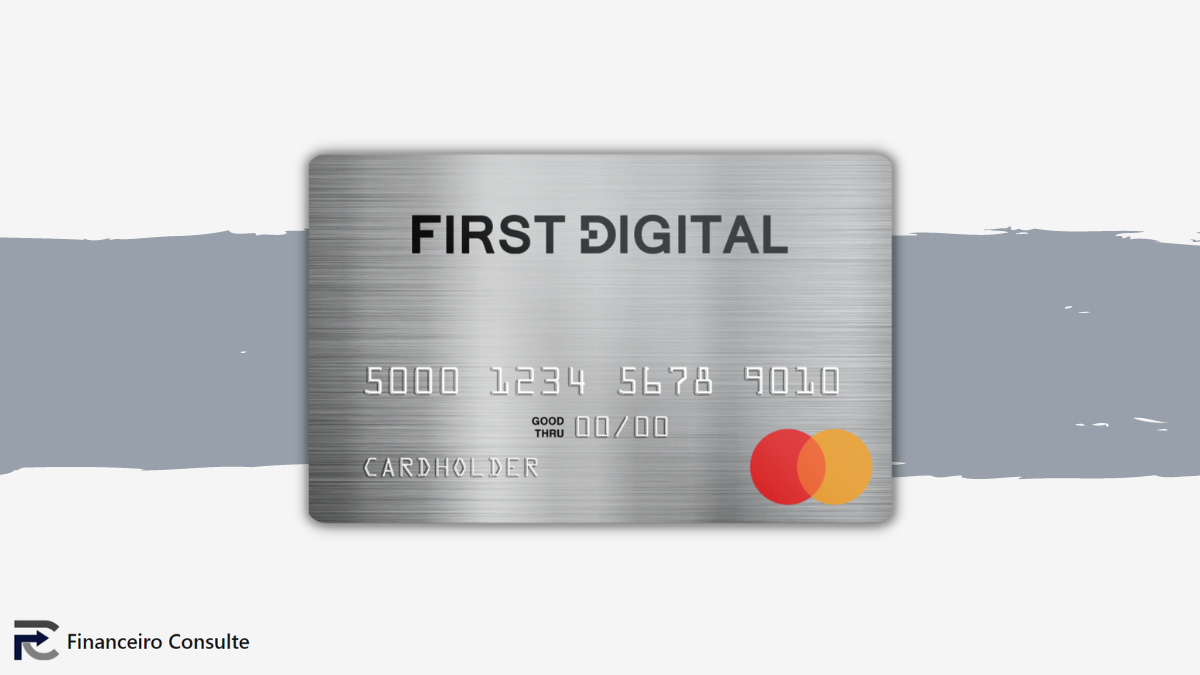
First Digital Mastercard® review
Read this First Digital Mastercard® review and learn about this card's credit-building capabilities.
About the author / Vinicius Barbosa
Trending Topics
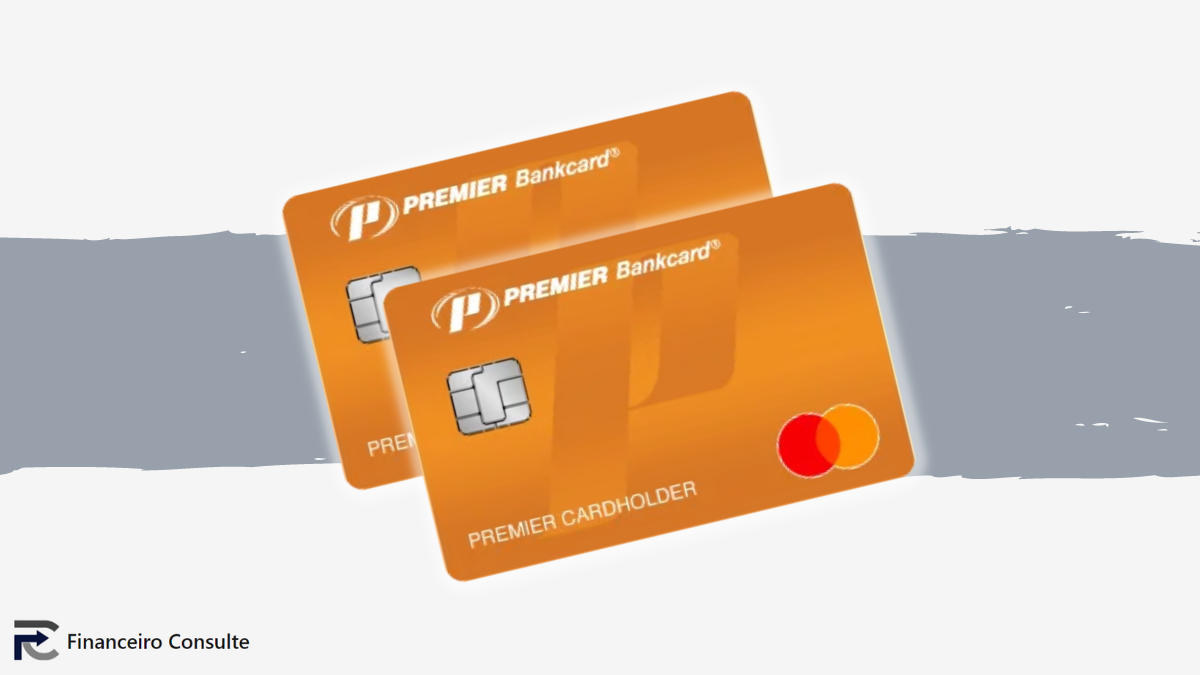
PREMIER Bankcard® Mastercard® Credit Card review
Check out this comprehensive review of the PREMIER Bankcard® Mastercard® Credit Card – an easy and affordable way to access credit.
Keep Reading
The best ways to make money online!
Discover a world of opportunities with our blog post on the best ways to make money online! From freelancing to affiliate marketing!
Keep Reading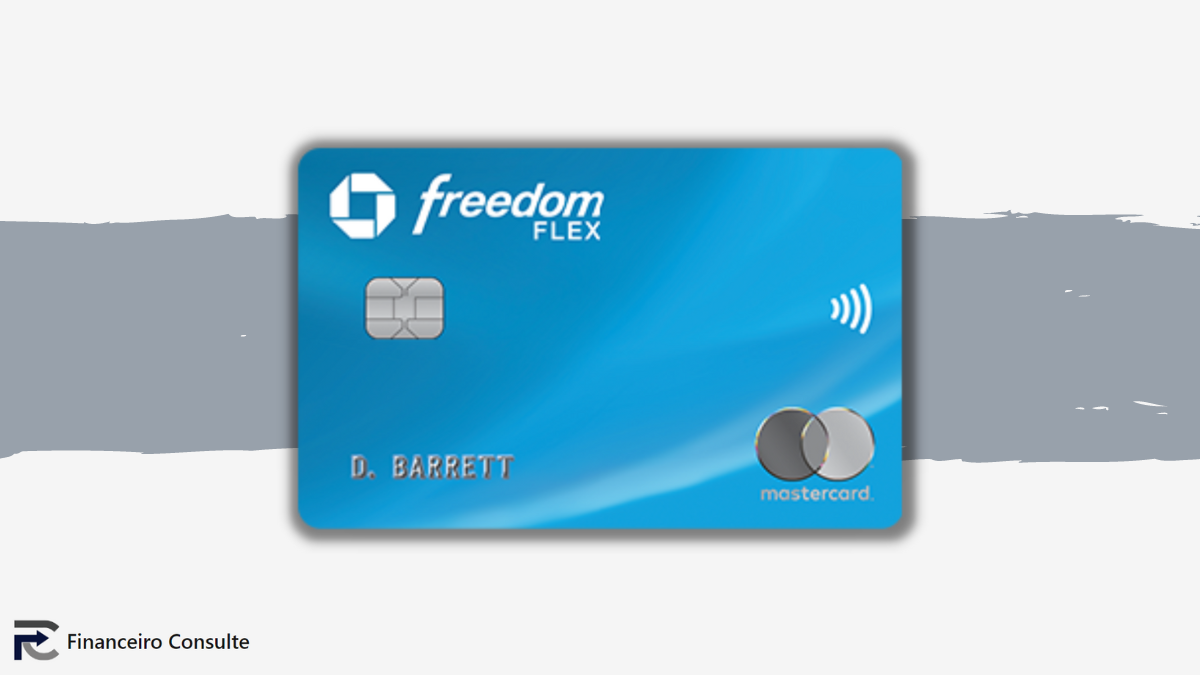
Apply For The Chase Freedom Flex℠: No annual fee and cashback rewards for everyday purchases
Ready to start enjoying high cashback rates at a $0 annual fee? So just follow this post walkthrough and apply for the Chase Freedom Flex℠.
Keep ReadingYou may also like
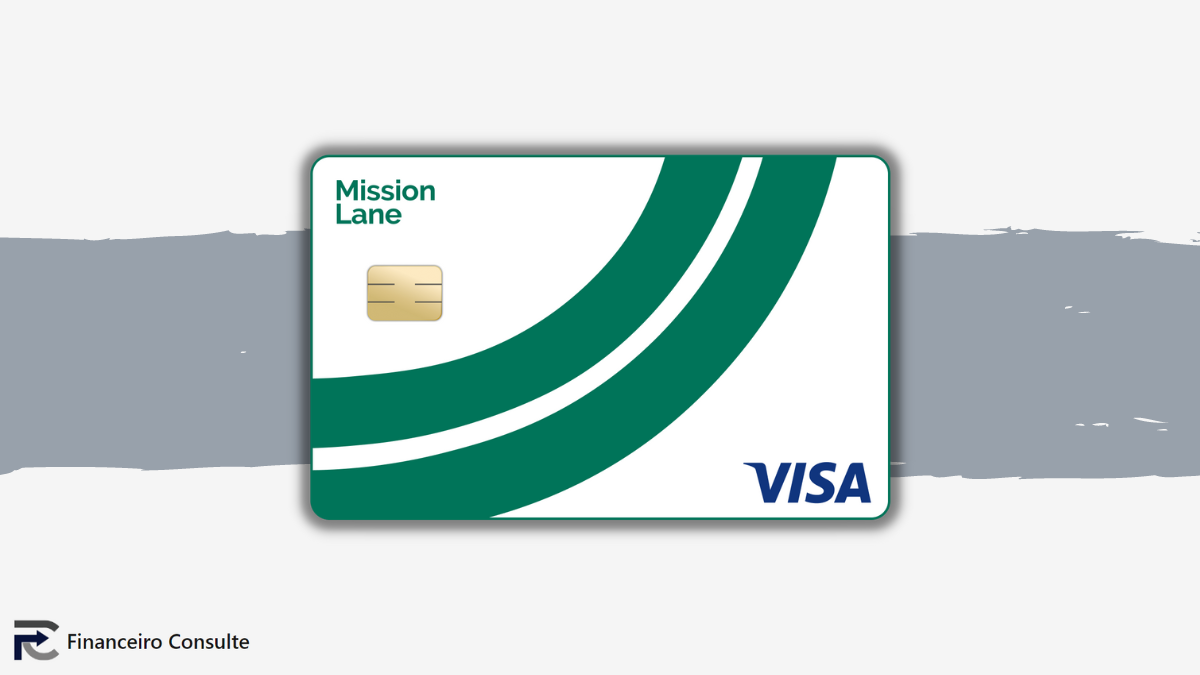
How to apply for the Mission Lane Visa® Credit Card
Find out all of the information you need in order to successfully apply for the Mission Lane Visa® Credit Card and boost your score!
Keep Reading
Cash App: Step Into a New Era in Your Finances!
Experience the convenience of Cash App by understanding its key features, and learn how to download and set up your account.
Keep Reading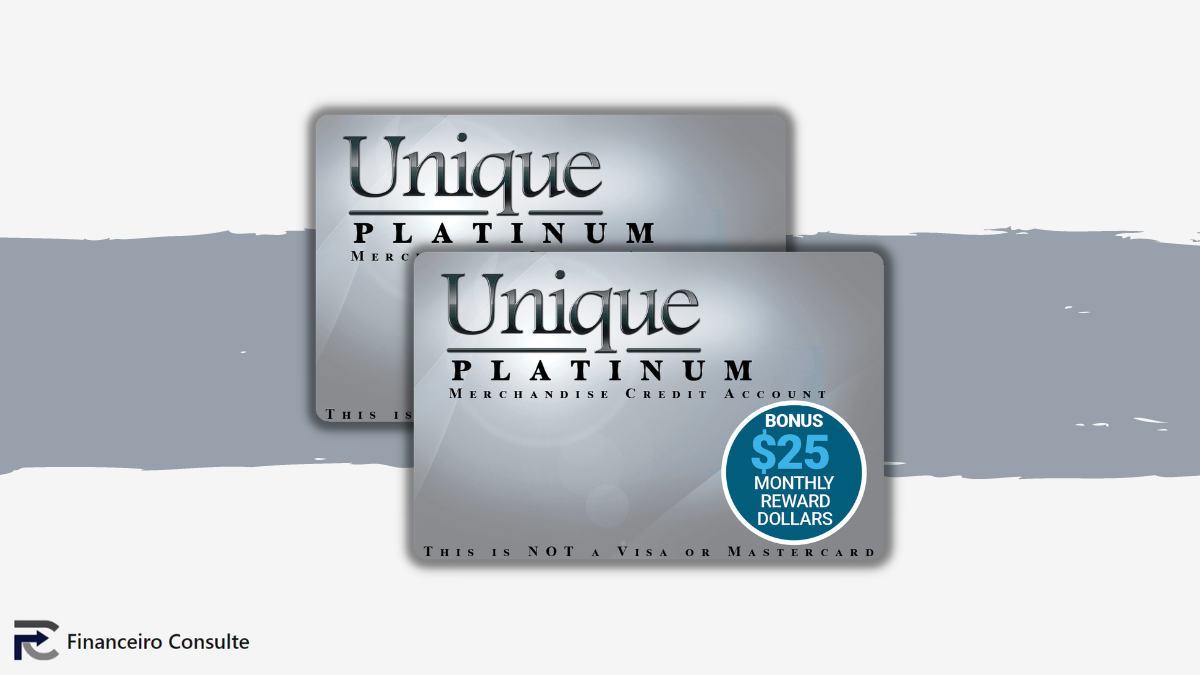
Unique Platinum Card review
Check our Unique Platinum Card review to learn how you can have easy access to a $1,000 merchandise credit line without a credit check!
Keep Reading